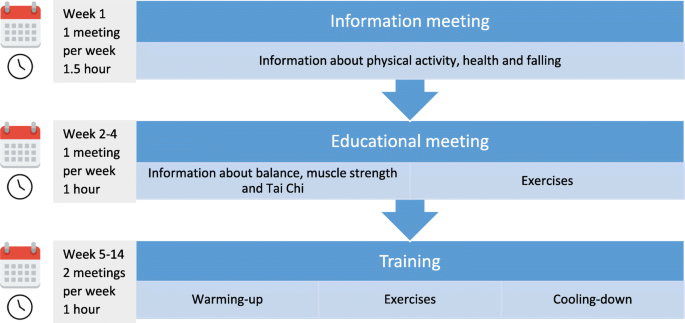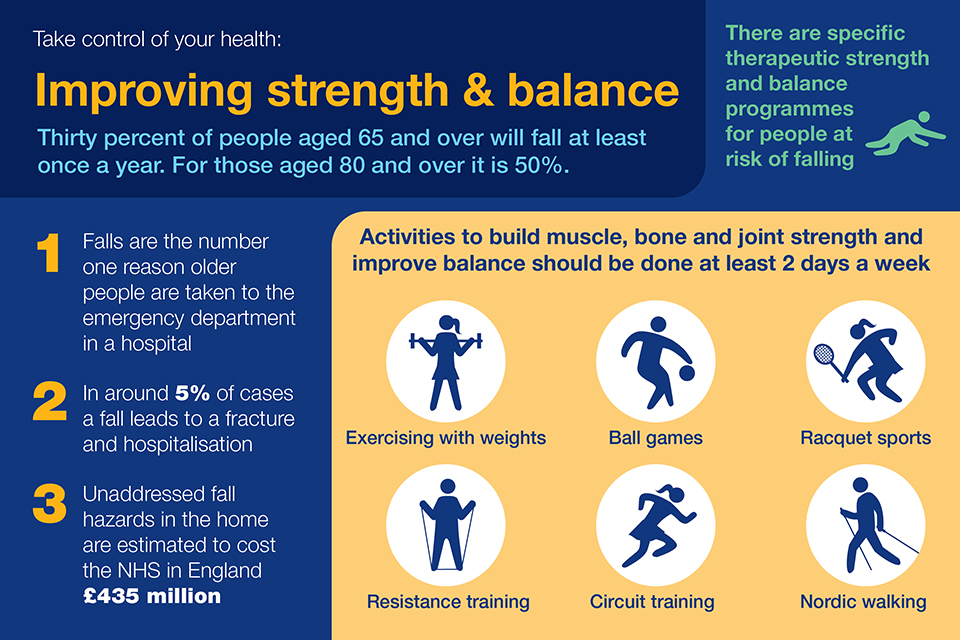Fascination About Dementia Fall Risk
Table of ContentsThe Ultimate Guide To Dementia Fall RiskThe Best Guide To Dementia Fall RiskThe Buzz on Dementia Fall RiskTop Guidelines Of Dementia Fall RiskSome Of Dementia Fall Risk
The FRAT has 3 areas: drop danger condition, danger aspect list, and activity plan. An Autumn Risk Status includes data concerning background of current falls, medications, psychological and cognitive status of the person - Dementia Fall Risk.If the patient scores on a danger aspect, the matching number of points are counted to the person's loss danger score in the box to the far appropriate. If a person's autumn threat score amounts to five or greater, the person is at high risk for drops. If the individual scores just four factors or reduced, they are still at some risk of dropping, and the nurse needs to utilize their finest medical analysis to handle all fall danger elements as component of an alternative care strategy.
These basic methods, in basic, help develop a risk-free setting that lowers accidental falls and defines core preventive procedures for all people. Signs are vital for clients at threat for falls.
Dementia Fall Risk - An Overview
Wristbands must include the person's last and very first name, day of birth, and NHS number in the UK. Just red color needs to be utilized to signal unique patient standing.
Products that are too much may call for the person to get to out or ambulate unnecessarily and can possibly be a threat or contribute to falls. Assists prevent the individual from going out of bed with no help. Nurses reply to fallers' call lights extra promptly than they do to lights started by non-fallers.
Visual disability can considerably cause falls. Hip pads, when put on effectively, may lower a hip fracture when autumn happens. Maintaining the beds closer to the floor reduces the risk of falls and severe injury. Placing the cushion on the floor significantly decreases loss risk in some health care setups. Low beds are made to reduce the range a patient falls after relocating out of bed.
Everything about Dementia Fall Risk
People that are high and with weak leg muscular tissues who try to sit on the bed from a standing position are most likely to drop onto the bed due to the fact that it's as well low for them to lower themselves securely. Likewise, if a tall patient efforts to obtain up from a reduced bed without support, the person is likely to fall back down onto the bed or miss out visit the website on the bed and drop onto the floor.
They're created to promote timely rescue, not to avoid drops from bed. Distinct alarms can likewise advise the individual not to get up alone. Making use of alarms can additionally be an alternative to physical restrictions. In addition to bed see here alarm systems, boosted supervision for risky clients likewise might aid stop drops.

Clients with an evasion gait rise fall possibilities substantially. To minimize loss risk, footwear ought to be with a little to no heel, thin soles with slip-resistant tread, and sustain the ankles.
A Biased View of Dementia Fall Risk
In a research study, homes with appropriate illumination report less falls (Ramulu et al., 2021). Enhancement in lighting at home might lower fall prices in older grownups.

Caretakers work for ensuring this website a protected, protected, and risk-free atmosphere. Research studies demonstrated really low-certainty proof that sitters reduce loss risk in intense care medical facilities and only moderate-certainty that choices like video tracking can minimize caretaker use without increasing loss threat, recommending that caretakers are not as helpful as at first thought (Greely et al., 2020).
Examine This Report about Dementia Fall Risk

Boosted physical fitness lowers the risk for drops and restricts injury that is suffered when loss transpires. Land and water-based exercise programs might be likewise beneficial on balance and gait and consequently lower the risk for falls. Water workout might add a positive advantage on balance and gait for women 65 years and older.
Chair Surge Workout is a straightforward sit-to-stand workout that assists strengthen the muscles in the upper legs and buttocks and improves flexibility and self-reliance. The goal is to do Chair Increase workouts without using hands as the client ends up being stronger. See resources area for a detailed instruction on how to execute Chair Surge exercise.
Comments on “7 Easy Facts About Dementia Fall Risk Explained”